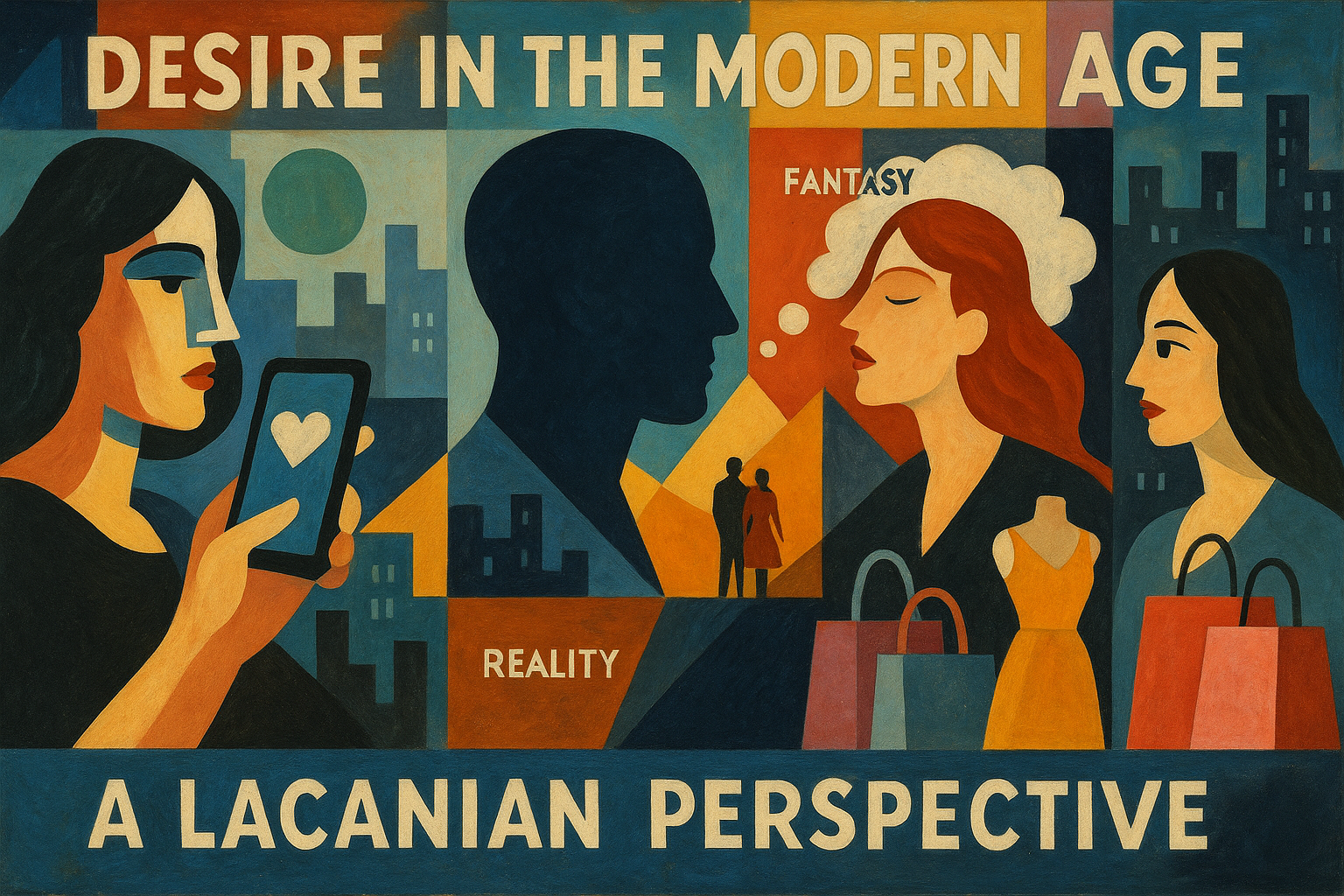Processing vs Understanding in Therapy: A Psychoanalytic Perspective
Introduction: The Difference Between Processing and Understanding
In therapy, clients often come seeking understanding—to make sense of their symptoms, emotions, or histories. Yet in psychoanalytic and Lacanian therapy, understanding is not always the same as processing.
While understanding refers to intellectual insight, processing involves something deeper: the transformation of affect, the integration of repressed experience, and the reworking of unconscious material.
At Talking Therapy LA, we explore how this delicate interplay between thinking and feeling, knowing and experiencing can lead to genuine psychological change.
The Limits of Understanding: Why Insight Alone Isn’t Enough
Intellectual Insight vs. Emotional Transformation
In many forms of therapy, progress is measured by insight—when clients can explain why they feel or act a certain way. While this kind of understanding can be empowering, it does not always alleviate suffering.
A person may clearly understand that their anxiety stems from childhood trauma, or that their relationship patterns repeat old dynamics—yet still feel trapped in the same emotional cycles.
From a Lacanian perspective, this is because knowledge of the unconscious is not the same as its transformation. The unconscious resists mastery; it speaks through symptoms, slips, and bodily expressions rather than rational clarity.
The Role of Processing in Psychoanalytic Therapy
Processing as Encountering the Real
To process in the psychoanalytic sense is to allow affect to move, to give form to what was previously unspeakable or unexperienced. It means confronting the parts of oneself that cannot be fully articulated or intellectually grasped.
Processing occurs not only through words, but through the emotional resonance of the therapeutic encounter—the tone, silence, and timing that allow something unconscious to surface and be symbolized.
Lacan and the Act of Speaking
For Lacan, change comes not from understanding “why” but from speaking differently—from allowing language itself to reshape our relation to desire, loss, and enjoyment (jouissance). In other words, processing is not about finding an explanation but creating new meaning through the act of speech.
Processing and Trauma
Trauma often involves experiences that could not be processed at the time they occurred—too overwhelming, too sudden, or too outside the bounds of language.
In therapy, the goal is not merely to understand what happened, but to give symbolic form to what was frozen in the body and psyche.
Through gentle exploration, psychoanalytic therapy helps clients reconnect fragmented affect, enabling trauma to be integrated rather than repeated.
Affect, Depression, and Anxiety
The Stuckness of Affect
Depression can often represent a collapse of affect—an inability to process emotional life. Anxiety, on the other hand, can signal too much affect without form, a flood of psychic energy that has no place to go.
Processing involves finding language, connection, and containment for these emotional states—allowing what was once chaotic to become meaningful.
Understanding may explain why someone feels depressed; processing allows that depression to shift and move.
OCD, Addiction, and the Compulsion to Understand
The Endless Loop of Knowledge
In conditions like OCD or addiction, the mind often becomes caught in a loop—repeating actions, thoughts, or behaviors to manage unbearable tension or uncertainty.
These patterns can be fueled by a compulsion to understand or control—a desperate attempt to master what feels unmanageable.
Processing, from a Lacanian view, means stepping outside this loop by encountering the unconscious, tolerating ambiguity, and finding new symbolic ways to relate to desire and fear.
Somatic Symptoms and the Body’s Knowledge
When the Body Speaks What Words Cannot
In psychoanalysis, the body is not separate from the psyche—it is one of its primary languages. Somatic issues (such as chronic pain, tension, or unexplained fatigue) can represent unprocessed affect or unspoken truths.
Processing in this context means listening to the body as part of the analytic dialogue. The goal is not to interpret symptoms away but to allow their meaning to unfold over time.
Why This Matters: From Understanding to Transformation
The Therapeutic Process as Ongoing Work
True healing requires both understanding and processing, but their sequence matters.
-
Understanding without processing remains cognitive.
-
Processing without understanding can feel disorienting.
-
When both occur, transformation happens.
Psychoanalytic therapy offers a space where the mind and body can reconnect, where the unspoken becomes thinkable, and where insight emerges not as explanation but as lived experience.
Begin the Work of Transformation
At Talking Therapy LA, we specialize in psychoanalytic and Lacanian therapy for individuals struggling with trauma, anxiety, depression, OCD, addiction, and somatic distress.
Our approach emphasizes not just understanding your symptoms—but processing them at their emotional and unconscious core.
If you’re ready to move beyond intellectual insight and begin the deeper work of change, reach out today for a free consultation.
Together, we can begin the process of transforming what feels stuck into something meaningful and alive.

